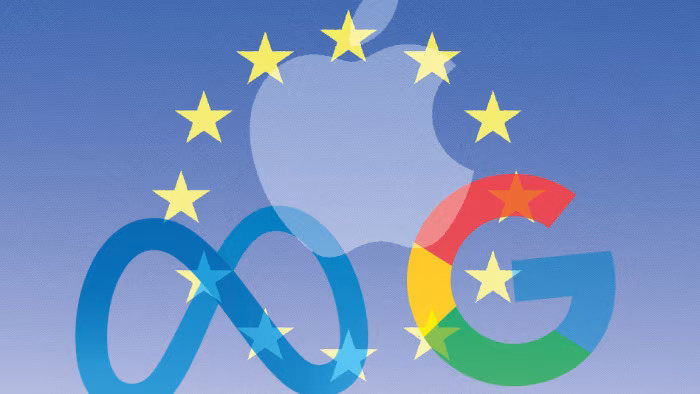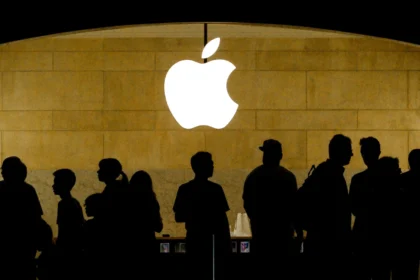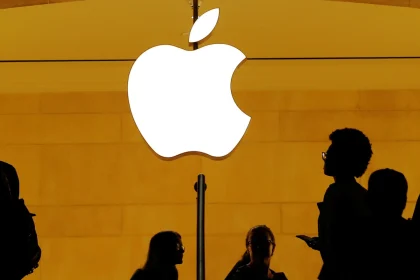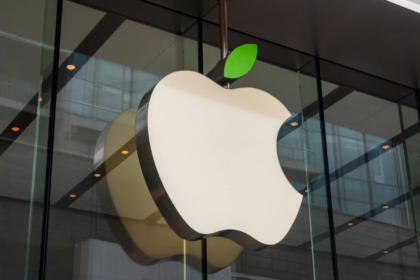The European Union (EU) has initiated investigations into major tech giants for potential anti-competitive practices. Meta, Apple, and Alphabet, the parent company of Google, are under scrutiny for possible violations of the Digital Markets Act (DMA) enacted in 2022. If found guilty, these companies could face hefty fines amounting to up to 10% of their annual turnover.
Margrethe Vestager, the EU’s antitrust chief, alongside industry leader Thierry Breton, disclosed these investigations on Monday. Although only six companies fall under the DMA’s obligations, they represent the world’s largest tech corporations: Alphabet, Apple, Meta, Amazon, Microsoft, and ByteDance. None of these companies are headquartered in Europe, with five based in the US and ByteDance in Beijing.
Just two weeks after submitting their compliance reports, three of these firms are already facing inquiries, indicating swift action by the EU.
This move follows the EU’s recent €1.8bn fine imposed on Apple for breaching competition laws in the music streaming sector. The United States also accused Apple of monopolizing the smartphone market in a significant lawsuit filed against the company.
Apple expressed readiness to engage with the investigation, asserting confidence in its compliance with the DMA. They highlighted their efforts to implement various mechanisms to adhere to the EU legislation while ensuring privacy and security for users.
A spokesperson for Meta defended the company’s subscription-based model as a legitimate alternative to advertising, promising constructive engagement with the EU Commission.
However, the EU’s investigations will focus their attention on these major acts of non-compliance:
- Examining whether Apple and Alphabet impede apps from freely communicating with users and forming contracts with them.
- Assessing whether Apple restricts user choice, particularly regarding app uninstallation, default setting changes, and browser/search engine preferences.
- Investigating whether Meta unfairly requires payment to avoid data usage for advertisements.
- Scrutinizing whether Google prioritizes its products and services in search results.
These investigations aim to address concerns such as “anti-steering” practices, where firms allegedly hinder apps from informing users about alternative payment methods. Moreover, the EU criticizes Apple for inadequate user choice in web browser selection and app deletion capabilities.
Margrethe Vestager anticipates a 12-month timeline for the investigations, though Thierry Breton suggests it may take longer. The EU emphasizes the importance of ensuring open and competitive digital markets in Europe, highlighting the significance of these cases to billions of users worldwide.
Dr. Rupprecht Podszun, director of the Institute for Competition Law at Heinrich Heine University in Dusseldorf, views the EU’s actions as a significant step. He emphasizes that the DMA targets core aspects of these tech giants’ business models, indicating potentially intense legal battles ahead, with the Court of Justice having the final say.





